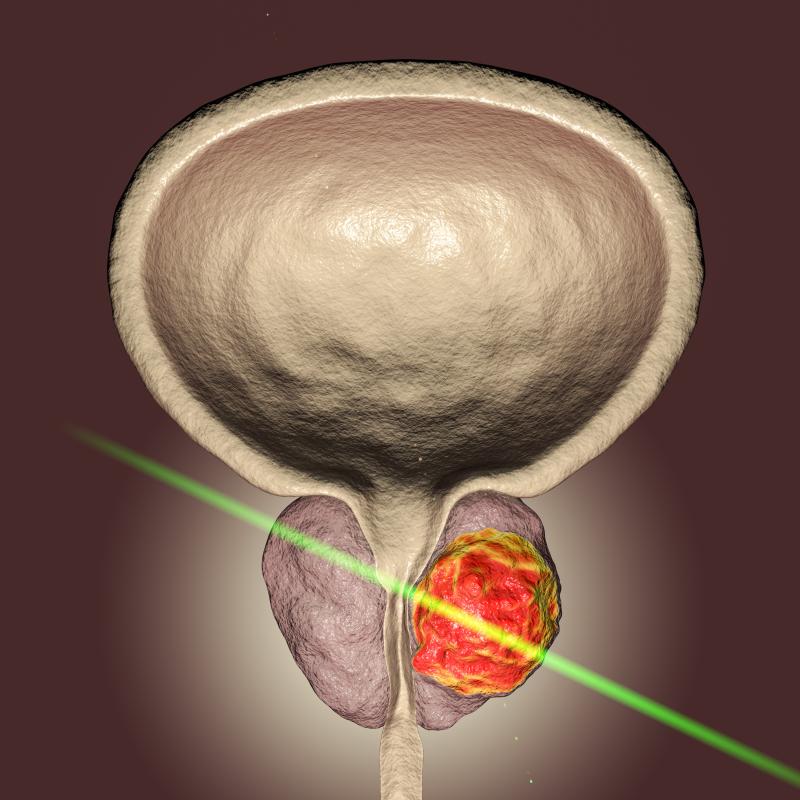
Cabazitaxel is maximally effective against castration-resistant prostate cancer (CRPC) if used early, before disease progression, a recent study has shown. Dosing should be maintained carefully, however, because of the possibility of side effects.
Using a mailed questionnaire, researchers evaluated the use patterns and associated outcomes of cabazitaxel across 11 healthcare institutions, involving 55 patients (median age, 73 years). The median prostate-specific antigen (PSA) level at the start of cabazitaxel therapy was 34.14 ng/mL, with a median Gleason score of 9 at diagnosis. Thirty-four patients were positive for metastasis.
The median time to CRPC was 13 months, and patients took around four drugs each before cabazitaxel, which was given at an initial dose of 20 mg/m2 for 4 weeks.
Thirty-two patients responded to cabazitaxel and experienced decreases in PSA levels. These participants had been treated for a median of 3.5 courses, leading to a median overall survival of 13.0 months. PSA concentration at treatment onset was the only factor significantly associated with the efficacy of cabazitaxel treatment (hazard ratio, 2.32, 95 percent confidence interval, 1.18–4.57; p=0.015).
This suggests that “treatment should be administered as soon as possible before prostate cancer progresses,” and that this should be cautiously maintained even if adverse events arise.
For example, while median white blood cell and neutrophil counts dropped to very low levels during the first cabazitaxel course, triggering grade 3 and 4 leukocytopoenia, these tended to even out during the second course. Leukocytopoenia, in turn, occurred less frequently.